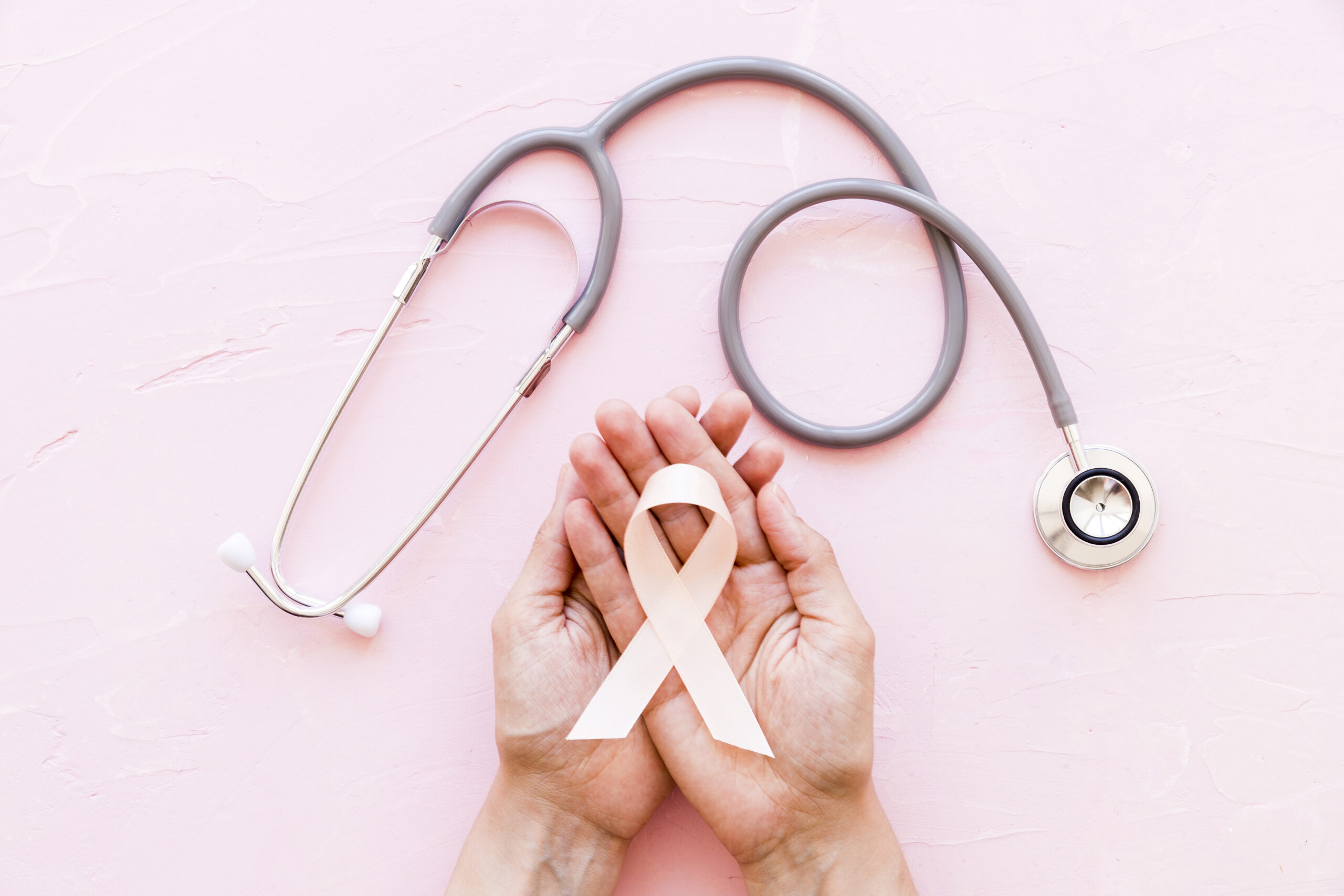Take Charge of Your Health: Regular Checks for Breast Cancer

Breast cancer is a significant health concern affecting millions of women worldwide. However, early detection plays a crucial role in improving treatment outcomes and saving lives. By being proactive and scheduling regular checks, you can take charge of your health and reduce the risk of breast cancer. Here are the key checks that should be in place:
1. Breast Self-Examination:
Performing monthly breast self-examinations is an essential step in detecting any changes or abnormalities. Take a few minutes each month to examine both breasts for lumps, changes in size or shape, skin dimpling, nipple discharge, or any other unusual symptoms. If you notice any changes, consult your healthcare provider promptly.
2. Clinical Breast Examination (CBE):
In addition to self-examinations, it is recommended to undergo a clinical breast examination by a healthcare professional. This physical examination allows for a thorough assessment of your breast health. During a CBE, your doctor will carefully check for any abnormalities or signs of breast cancer.
3. Mammogram:
A mammogram is a low-dose X-ray of the breast used to detect breast abnormalities that may not be noticeable during a self-examination or clinical breast examination. Women aged 40 and above are generally advised to have regular mammograms every 1-2 years as a part of routine screening. However, the frequency may vary depending on personal and family medical history. Talk to your doctor to understand when to start and how often you should undergo mammograms.
4. Genetic Testing:
If you have a family history of breast cancer or certain gene mutations (such as BRCA1 and BRCA2), genetic testing can provide valuable insight into your risk level. This test analyzes your DNA to identify any genetic mutations that may increase the likelihood of developing breast cancer. By understanding your genetic predisposition, you can work with your healthcare provider to create a personalized prevention and screening plan.
Breast cancer can be successfully treated, especially when diagnosed early. By implementing regular self-exams, clinical breast examinations, mammograms, and, if necessary, genetic testing, you can stay vigilant and proactive in managing your breast health. Remember, early detection saves lives. Take charge of your health today by prioritizing these regular checks and spreading awareness among your loved ones.
Note: This article is for informational purposes only. Consult with a healthcare professional for personalized advice related to breast health and cancer screenings.



